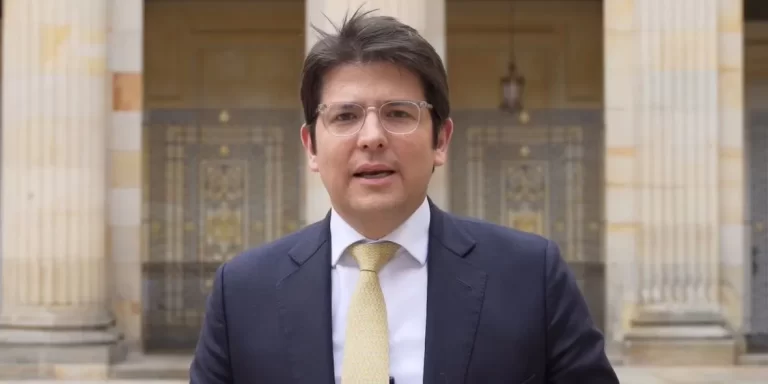[ad_1]
PARIS (Reuters) – President Emmanuel Macron faces the first challenge on the streets to his business-friendly reform agenda on Tuesday, when workers from the hard-left CGT union will march through French cities to protest a loosening of labour regulations.
Sounding a call to the working class, Philippe Martinez, the head of the Communist Party-linked CGT, branded the reforms a “social coup d‘etat”, but Macron will take comfort from divisions among France’s three main unions over the issue.
After weeks of negotiations, the government last month revealed measures including a cap on payouts for dismissals adjudged unfair and greater freedom for companies to hire and fire and to set pay and working conditions. It plans to adopt the new decrees on Sept. 22.
“I am fully determined and I won’t cede any ground, not to slackers, nor cynics, nor hardliners,” Macron told French business leaders on Friday during a trip to Athens.
French workers have long cherished a strict labour code protecting their rights. But companies complain it has deterred investment and job creation and stymied economic growth.
The reforms are being closely watched in Germany, where they are seen as a test of the French leader’s resolve to re-shape the euro zone’s second-biggest economy, a must if he is to win Berlin’s backing for broader reforms to the currency union.
CGT workers from the rail, oil and power sectors have said they will heed his call for strike action on Tuesday. CGT boss Martinez called Macron’s talk of slackers “scandalous” and said public discontent was rising.
Macron, asked on Monday if he regretted his choice of words, fired back: “We cannot move forwards if we don’t say things as they are.”
UNIONS DIVIDED
For decades, governments on the political left and right have tried to overhaul the 3,000-page labour code, but ended up watering down their plans in the face of street demonstrations.
Macron was economy minister in the socialist government of former president Francois Hollande, whose attempt at labour reform – dubbed the El Khomri law – led to weeks of protests and stoked a damaging rebellion within his own ruling party.
An opinion poll published on Sept. 1 showed voters have mixed views on the reform. Nearly six in every 10 people oppose Macron’s labour decrees overall, but when they look at specific measures they approve most of them.
With economic growth accelerating, unemployment on a downward trend and the country’s leading unions divided in their response to the reforms, it is not clear whether the protests will gain momentum.
French voters “chose Macron to carry out the reforms which France have shrunk away from for 30 years,” Finance Minister Bruno Le Maire told the newspaper Les Echos.
While the largest union, the moderate CFDT, described Macron’s labour decrees as a “deep disappointment” it has said it will not join the CGT demonstrations.
So has the smaller Force Ouvriere (FO), usually an ally of the CGT, a decision that has led to discord within the FO’s ranks with some factions saying they would join the protests.
“We took part in the protests against the El Khomri law. These decrees are El Khomri plus plus,” Patrice Clos, head of one federation within the FO told Reuters. “We can’t accept something that we were against a year ago.”
Writing by Richard Lough, editing by Larry King
[ad_2]
Source link






Leave a Reply